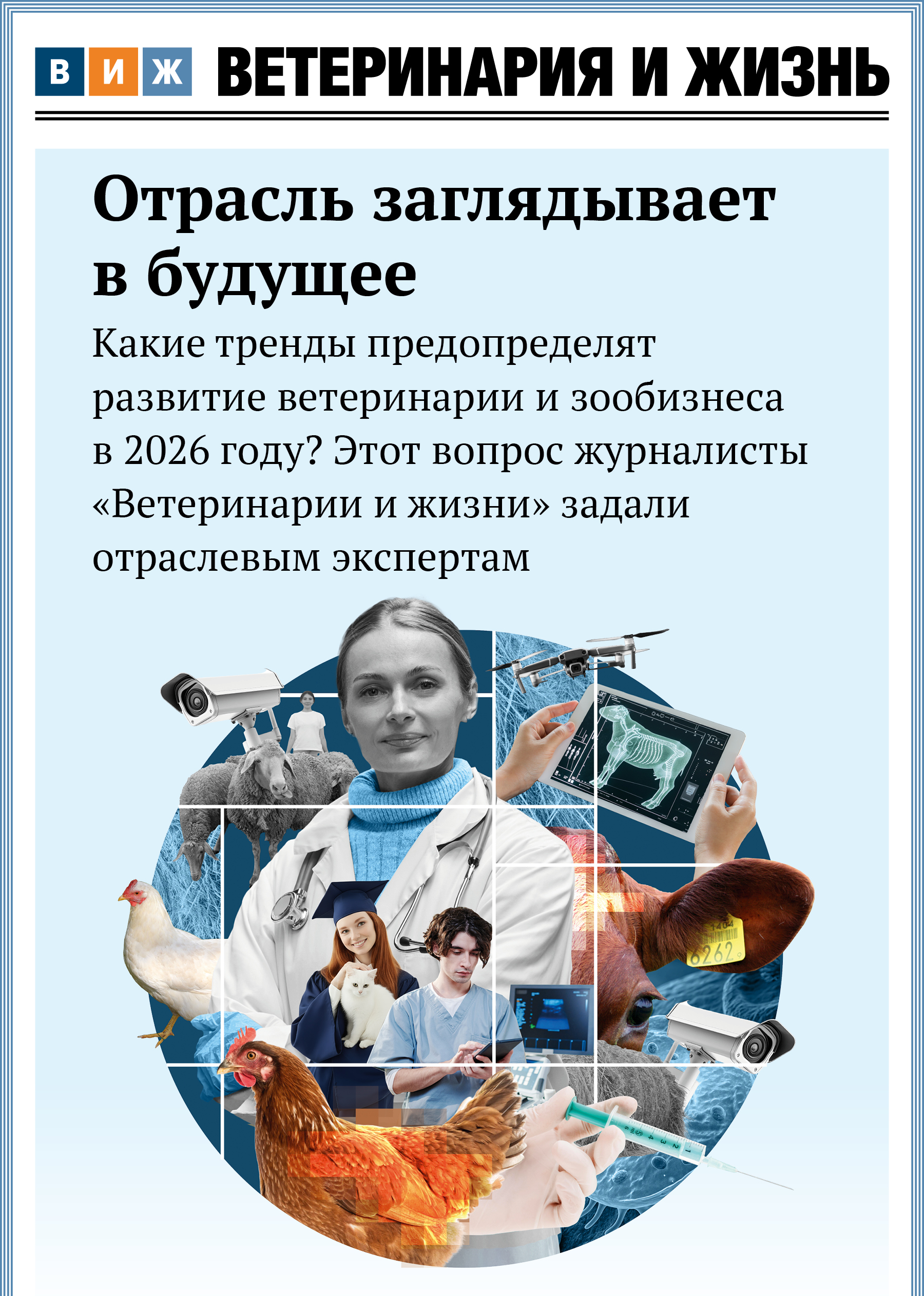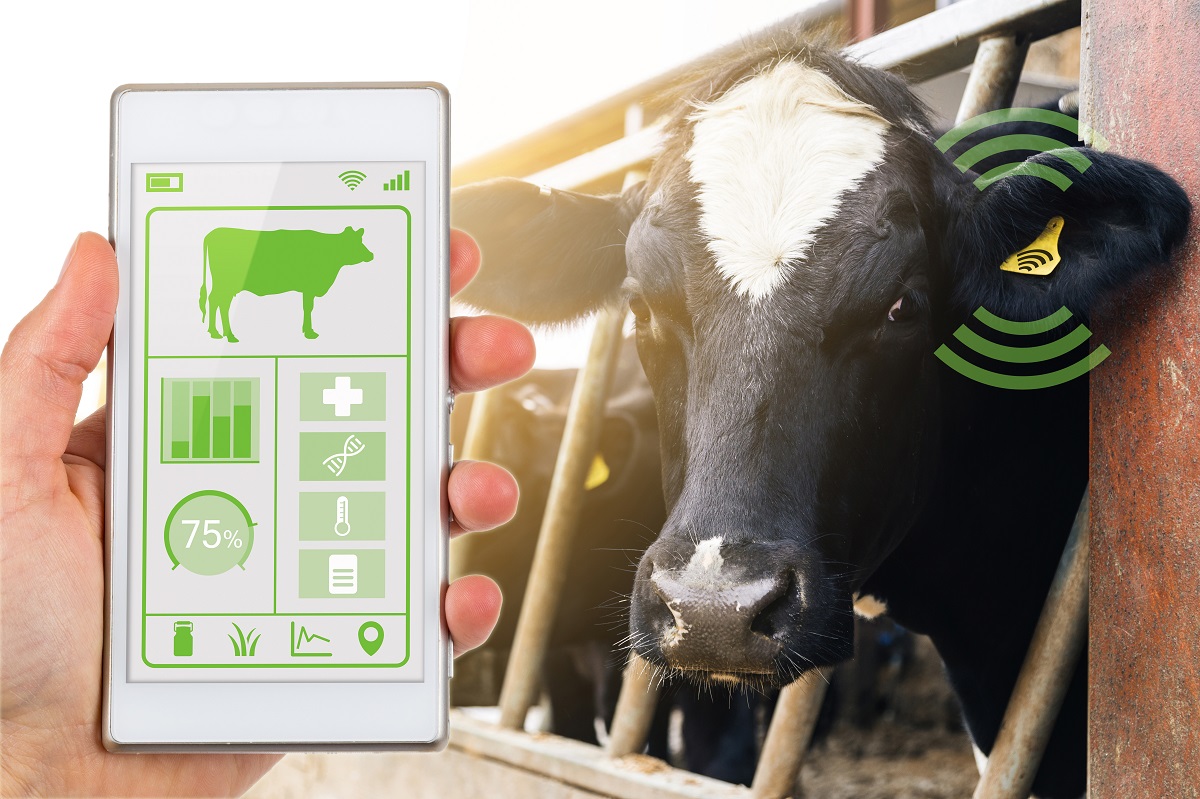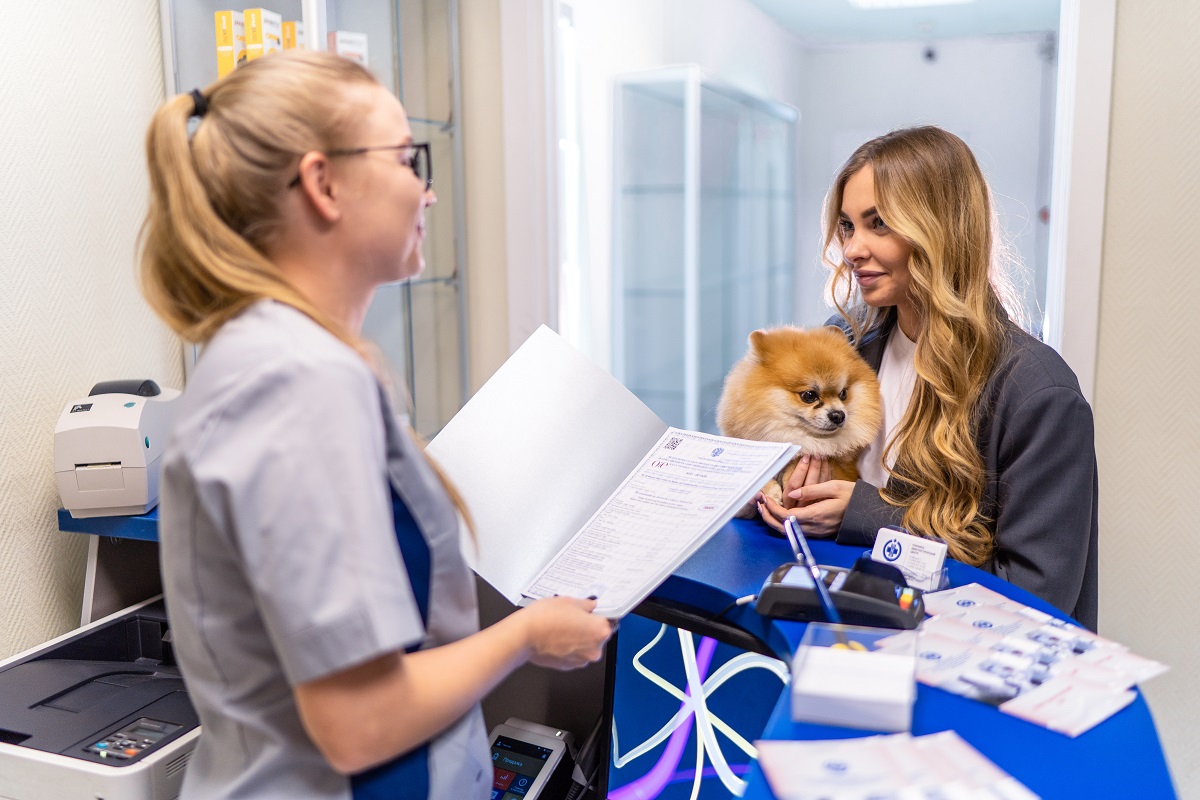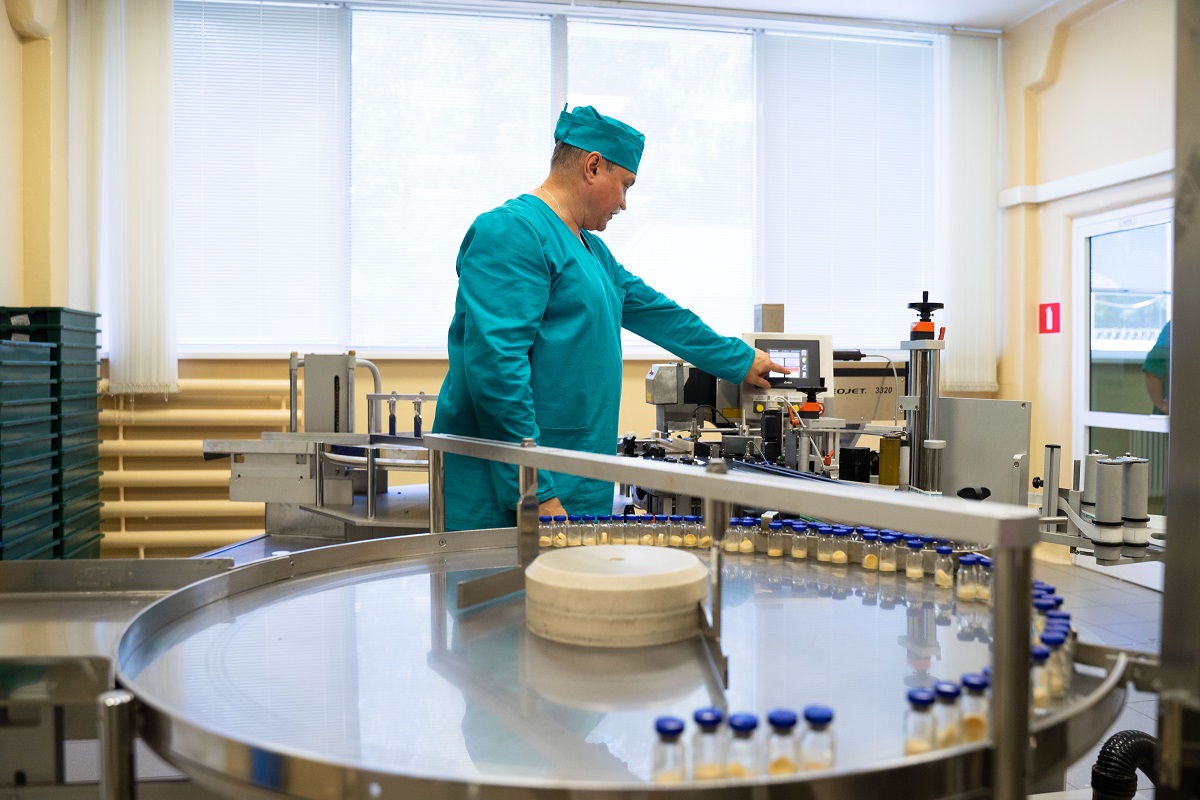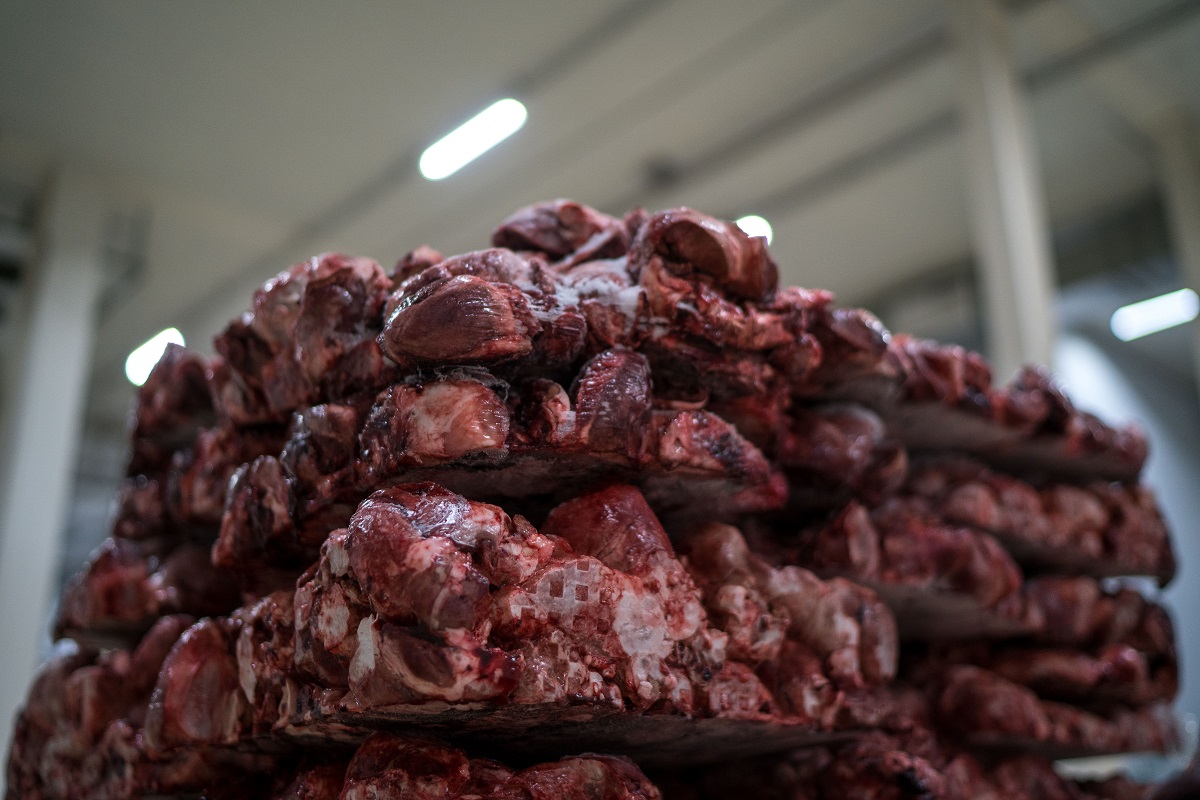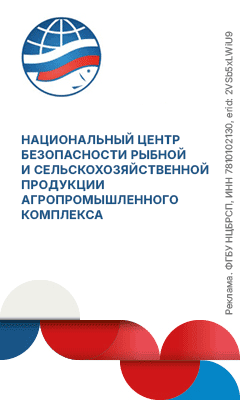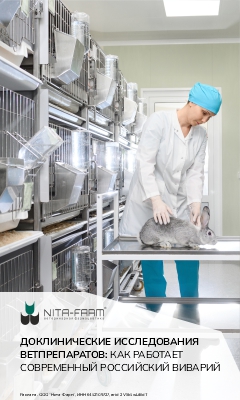In the Orenburgskaya Oblast alone since the beginning of the year, the authorities have tracked and stopped more than 10 attempts to illegally transport livestock. More than 50 cases have already been detected in the Altaiski Krai and the Altai Republic. Rosselkhoznadzor states that the situation could be solved by introduction of a mandatory electronic identification for animals in Russia. For this purpose, the regulator has developed and is gradually introducing a specific electronic system.
Control in the regions
Annually, the regional offices of Rosselkhoznadzor which are responsible for overseeing livestock movement across the border prevent the illegal movement of thousands of animals and birds both during the exportation from Russia and the importation to other countries. In most cases, the animals are not accompanied by appropriate veterinary documents. This leads to a law infringement and incompliances with the traceability which all make it impossible to identify the exact origin of animals, check their health condition and ensure that the dangerous diseases will not spread.
The press office of Rosselkhoznadzor in the Altaiski Krai and the Altai Republic reported that since the beginning of 2021, the regional offices uncovered 56 cases of illegal exportation of 1,852 animals to Kazakhstan and Kyrgyzstan from Russia. The regional offices did not record any cases of illegal animal imports to Russia.
At the same time, totally in 2020, the regulator registered 43 attempts to illegally export 2010 animals from the Altaiski Krai and the Altai Republic (828 horses and 1182 cattle).
“The main reasons for entry/exit refusal of animals by customs officials include, in particular, absence of veterinary supporting documents, as well as the discrepancies between the actual number of animals being transported and the number of animals approved for export under the veterinary certificate. There have also been reports of animal movement accompanied by fraudulent documents. Suspected cases of fraud are referred to the appropriate law enforcement authorities for investigation,” told the Rosselkhoznadzor office for the Altaiski Krai and the Altai Republic to the Veterinary Medicine and Life.
A similar situation occurs in the Orenburgskaya Oblast. Since the beginning of 2021, the Rosselkhoznadzor’s investigators have recorded 14 cases of illegal export attempts involving 2,535 animals and birds to Kazakhstan and Kyrgyzstan. The investigators of the Rosselkhoznadzor office for the Orenburgskaya Oblast did not reveal any illegal importation of animals in 2020 and 2021. However, between 2016 and 2019, exports of almost 3 thousand animals and birds from Kazakhstan and Kyrgyzstan were refused entry due to the violations of veterinary legislation: animals were not accompanied by appropriate veterinary documents, the quarantine requirements were not followed, absence of test results for especially dangerous animal diseases (particularly, for brucellosis).
“For many years the Rosselkhoznadzor office for the Orenburgskaya Oblast has been actively involved in the prevention of illegal importation of animals and poultry into the territory of the Russian Federation across the Russian-Kazakh border in the Orenburgskaya Oblast. We can see the results of our work now - illegal animal imports has not only declined but were reduced to zero,” explained the press office of Rosselkhoznadzor for the Orenburgskaya Oblast to the Veterinary Medicine and Life.
The Rosselkhoznadzor headquarters explained that the violators in the above cases were charged in accordance with the Art. 10.8 of the Code of Administrative Infractions of the Russian Federation, and by law, the animals were either returned to the point of departure for completing documentation, or were quarantined in order to stop any possible spread of dangerous diseases.
Animal identification system Horriot remains a voluntary program
Rosselkhoznadzor has repeatedly said that the illegal animal movement is due to the lack of legislation ordering animal identification. The regulator is confident that it is necessary to introduce an animal identification in Russia. The regulator launched the electronic system Horriot in order to implement the animal identification in Russia. Basic information about animals, both agricultural and domestic, will be uploaded in the system.
Currently, the animal identification is voluntary and is subject to the decision of the regional veterinary authorities, the regulator explained.
“The system will assign animals a unique identification number. The user will need to select the type of animal marking and enter information on the species, breed, gender, date of birth, purpose and place of containment. In addition, the information on the owner, animal parents and breeding value should also be entered in the system,” told the regulator to the Veterinary Medicine and Life.
In the future, it will be possible to enter additional information into the system, for instance, regarding veterinary treatment, tests and vaccinations.
Until October, only a few Russian regions have been able to test the Horriot as a pilot program. After October all regions in Russia received access to the platform. The regional veterinary services together with the regional offices of Rosselkhoznadzor have been granted access to the platform in order to enter data about animals into the system.
"Rosselkhoznadzor experts are trying to enhance the characteristics of the system in order to make it fully functioning,” explained the regulator.
The platform will be officially launched after the animal identification becomes fully mandatory in Russia.


